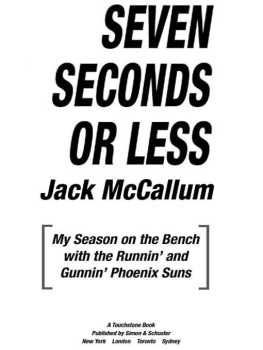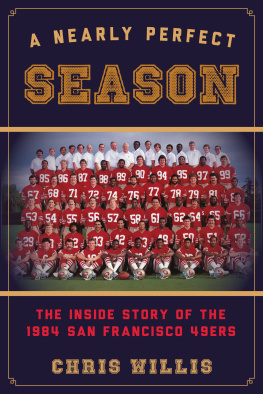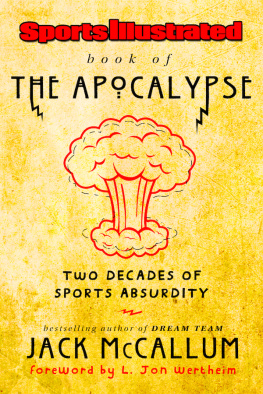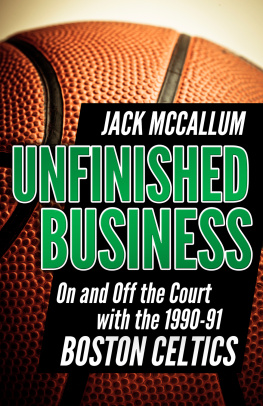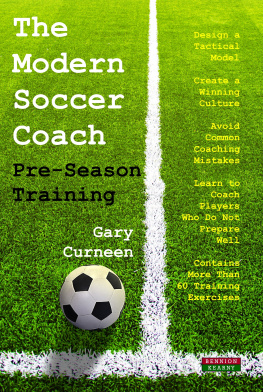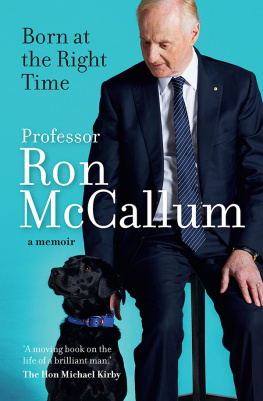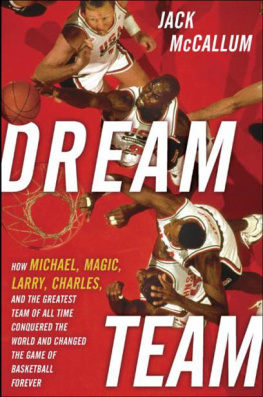in whole or in part in any form.
TOUCHSTONE and colophon are registered trademarks of Simon & Schuster, Inc.
The 20052006
Phoenix Suns
MAIN CHARACTERS
Players
STEVE NASH #13, point guard; franchise go-to guy in more ways than one; earned second straight MVP award during season; laid-back but as skilled at delivering well-timed insult as he is well-timed assist.
SHAWN MARION #31, forward; nicknamed Matrix for special-effects playing style; had several big games in playoffs; has longest tenure with team; sometimes feels underappreciated.
RAJA BELL #19, shooting guard; newcomer to team but instantly part of in-crowd; buddies with Nash from time together in Dallas; has combustible temper but good guy; became postseason folk hero.
BORIS DIAW (DEE-OW) #3, center-forward; newcomer to team; hails from France; argumentative but upbeat; newcomer to team but change of scenery helpedwon leagues Most Improved Player award.
AMARE STOUDEMIRE #32, center, injured in preseason and played only three games; cast in role of shadowy superstar for most of season; team wasnt always sure he was working hard on rehab, but future fortunes are tied to his comeback.
LEANDRO BARBOSA #10, combination guard; known to everyone as L.B.; hails from Brazil; one of the quickest players in the league.
TIM THOMAS #8, forward, picked up on waivers late in season; relentlessly upbeat; hits big shots; doesnt exactly distinguish himself with hustle.
EDDIE HOUSE #50, guard, newcomer; never stops talking and never stops shooting; key for positive team chemistry, though struggled late in the season.
Coaches
MIKE DANTONI (DAN-TOE-NEE) the head man; Coach of the Year previous season and finished second in 200506; has casual style of leadership but will show temper; playing and coaching legend in Italy; also became general manager late in season.
MARC IAVARONI (I-VA-RO-NEE) DAntonis lead assistant; handles defensive strategy; won one NBA title as player; nobody works harder on film study but has a sense of humor.
ALVIN GENTRY has more NBA coaching experience than anyone on the staff; a pros pro with special knack for offense; keeps everyone loose with stories.
PHIL WEBER gets down and dirty with players as clinician; prone to aphorisms; a bachelor whose Peter Pan lifestyle is the subject of gentle derision, as well as envy, among coaches.
DAN DANTONI older brother of Mike by four years; first year on staff; playing legend at Marshall University; had kind of life they write country songs about but has settled down.
TODD QUINTER lead scout so not around much until end of the season; his written observations are respected by the coaches; good guy whose high school hoops career was chronicled by author years ago for small Pennsylvania newspaper.
Front Office
JERRY COLANGELO president and CEO and seminal figure in the organization; sold the team but still involved in big decisions; suffered a personal blow when son left franchise.
ROBERT SARVER second on masthead but now running the show as managing partner; made his money in banking; brash and forward, but trying to learn the game.
BRYAN COLANGELO son of Jerry; was general manager until he left to run Toronto Raptors in February after dispute with Sarver; widely respected around the league and not just for being Jerrys son.
DAVID GRIFFIN promoted to veep of basketball operations after Colangelo left; savvy talent scout with photographic memory about prospects; also very funny.
JULIE FIE head of public relations; been around so long shes comfortable traveling with mostly males; professional enough not to cheer but slyly pounds the table when things go wrong for Suns.
Staff
AARON NELSON head athletic trainer; Steeler fan who rubbed it in after Super Bowl victory; quick-witted and acerbic enough to be a coach.
NOEL GILLESPIE team video guru who sits in on every meeting and is like an assistant coach; he may have screwed up a clip during the season, but the author never saw it.
The Backstory
A few weeks before the 200506 NBA training camps began, I called Julie Fie, the Phoenix Suns ace director of public relations, to propose a story idea for Sports Illustrated. I would be with the team throughout training camp as an assistant coach and would then write a story about my experiences. (I may have even said quote marks around assistant coach during our conversation.)
I was looking to do something different, something from the inside. In my twenty-five years at SI, which included two decades of following the NBA, I had covered everything from BASE jumping to the world championship of squash, but had never engaged in participatory journalism, unless you count having Shaquille ONeal back his 350-pound ass into me to demonstrate how he doesnt commit offensive fouls.
Julie said shed check with the authoritiesgeneral manager Bryan Colangelo and coach Mike DAntoniand get back to me.
I homed in on the Suns for a variety of reasons, not the least of which was Fie. I had known her for two decades and considered her one of the best in the business, not to mention someone who might actually think it was an idea that would fly. I automatically crossed out a couple dozen or so other PR directors who would either dismiss it out of hand or worked for a head coach who would rather push a mule cart down Broadway while wearing a thong than open a window into the inner workings of his team.
I also knew Colangelo and his father, Jerry, still the teams CEO and president. I knew DAntoni and his assistant coaches, though not all that well, from interviewing them for a story I had written about the Suns during the previous season. I knew assistant coach Todd Quinter wellI even wrote a few stories about him three decades ago when he was a high school basketball star in Nazareth, Pennsylvaniabut, as the teams chief scout, he was away from the team much of the time. I knew Steve Nash and Shawn Marion, the teams veteran stars, though neither was what I would call a professional confidant. I thought they were good guys who might not mind a notebook-carrying dilettante; obviously, any such project would need the blessing of the teams superstars, tacit or otherwise.
The other reasons were purely pragmatic. First, the Suns were probably going to be good; unless a team is profoundly bad, like, say, the expansion New York Mets or the 200506 New York Knicks, it is almost always better to write about a winner. Winning teams are happy, happy teams talk, talk makes stories. Further, the Suns were coming off of a positively revolutionary season during which they had become one of the most entertaining shows in sports. DAntoni, having spent most of his playing and coaching career in Italy, did not subscribe to the prevailing NBA wisdom that a fast-break team cannot succeed, and so he built a team around Nash that ran like hell and tossed up three-point shots like so much wedding confetti. And, though no one suggested that DAntoni and his staff didnt work hard, they seemed to be serious about the idea of not taking themselves seriously. In short, they seemed like good guys to hang with.

